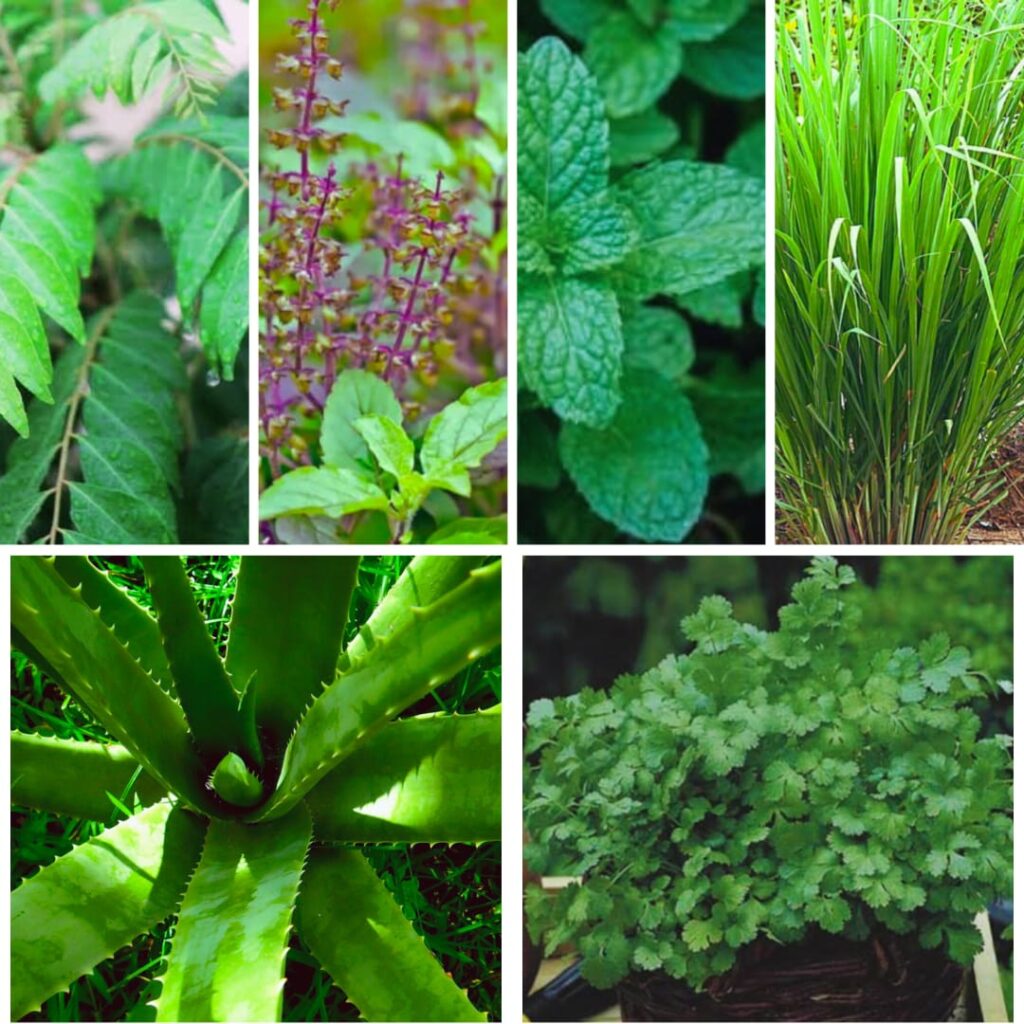In our daily lives, we often don’t notice the Medicinal Plants around our house. These plants, which our grandmothers used to take care of common minor problems like cuts, colds, burns, sneezes, fevers, and more.These plants offer natural remedies that are effective and easy to use.It’s really important to have medicinal plants at home because you never know when you might need them.Let’s discover some of these common plants and their health benefits, and learn how they can help with minor health problems in easy and practical ways.Growing medicinal plants around your house can be a wonderful way to enhance your health naturally.
Here are some common medicinal plants and their benefits:
Aloe vera, a succulent plant known for its soothing gel, offers various health benefits. Here’s a simple guide to using aloe vera for better health.
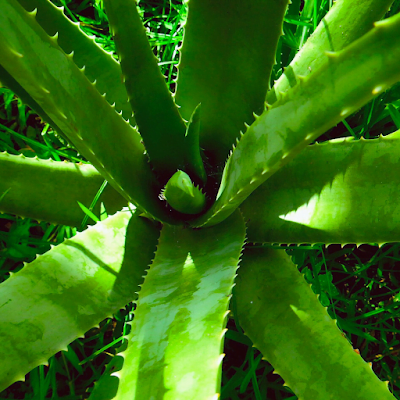
- Sunburn relief:Apply aloe vera gel to sunburned skin for cooling relief and faster healing.
- Wound care:Use aloe vera gel on minor cuts and scrapes to promote healing and prevent infection.
- Soothes digestion:Drinking aloe vera juice can help soothe stomach discomfort and improve digestion.
- Relieves constipation:Aloe vera juice acts as a natural laxative, aiding in regular bowel movements.
- Immune system boost:Aloe vera contains antioxidants that help strengthen the immune system and protect against illness.
- Moisturizes skin:Aloe vera gel is a natural moisturizer that hydrates the skin without clogging pores.
- Internal hydration:Drinking aloe vera juice helps keep the body hydrated and supports overall health.
How to use Aloe vera daily
- External application:Apply aloe vera gel directly to the skin for sunburn relief, wound care, or as a daily moisturizer.
- Aloe vera juice:Drink a small amount of pure aloe vera juice daily to support digestion and hydration.
- Aloe-based products:Use skincare and oral care products containing aloe vera for added benefits.
Mint is a popular herb known for its refreshing flavor and many health benefits. Here are some simple home remedies and ways to use mint for better health.
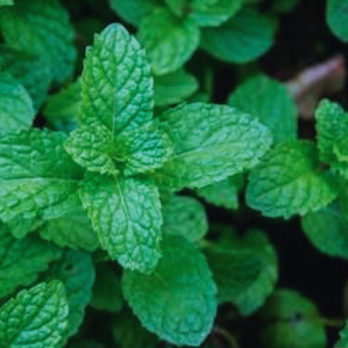
- Mint tea for indigestion: Brew fresh or dried mint leaves in hot water to make a soothing tea that helps relieve indigestion and bloating. Drink this tea after meals for best results.
- Mint steam inhalation: Add a handful of mint leaves to a bowl of hot water. Inhale the steam by covering your head with a towel to clear nasal congestion and ease breathing.
- Mint mouthwash: Prepare a natural mouthwash by boiling mint leaves in water. Let it cool and use it to rinse your mouth to freshen breath and kill bacteria.
- Aromatherapy with Mint: Inhale the aroma of fresh mint leaves or use mint essential oil in a diffuser to reduce stress and promote relaxation.
- Mint leaves paste for itchy skin: Crush fresh mint leaves into a paste and apply it to itchy or irritated skin to reduce inflammation and provide relief from insect bites or rashes.
- Mint leaves infused water: Add fresh mint leaves to a pitcher of water and drink throughout the day. This refreshing drink can help improve digestion and boost metabolism, aiding in weight loss.
How to use Mint into your daily routine
- Mint tea:Enjoy a cup of mint tea daily to help with digestion and relaxation.
- Cooking with Mint:Add fresh mint leaves to salads, smoothies, or use as a garnish for various dishes to enhance flavor and gain health benefits.
- Mint water:Infuse water with mint leaves for a refreshing and hydrating drink.
- External use:Apply crushed mint leaves or mint oil (diluted with a carrier oil) to your skin to treat irritation or relax your muscles.
Tulsi also known as Holy Basil, is a revered herb in traditional medicine known for its numerous health benefits. Here are some simple home remedies and ways to use Tulsi for better health.
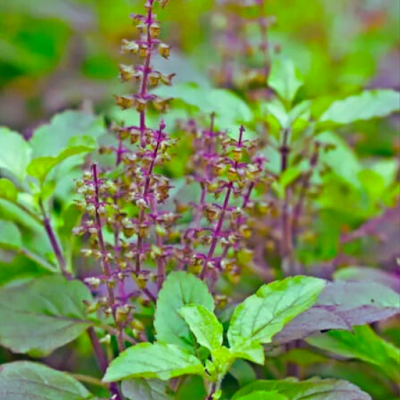
- Tulsi leaves tea for colds:Brew fresh Tulsi leaves in hot water to make a tea that can help relieve coughs, colds, and other respiratory issues. Drink this tea daily during cold season for prevention and relief.
- Tulsi leaves Infusion for Boosts Immune System :Make an infusion by soaking Tulsi leaves in hot water. Drinking this regularly can help strengthen your immune system, thanks to its rich antioxidants and essential oils.
- Aromatherapy with Tulsi leaves:Inhale the aroma of fresh Tulsi leaves or use Tulsi essential oil in a diffuser to reduce stress and promote relaxation.
- Tulsi leaves in diet:Add fresh Tulsi leaves to your meals to help lower cholesterol levels and improve blood circulation, promoting overall heart health.
- Tulsi leaves paste for acne:Crush fresh Tulsi leaves into a paste and apply it to acne-prone skin. Tulsi’s antibacterial and anti-inflammatory properties can help clear up acne and prevent future breakouts.
- Tulsi leaves tea for indigestion:Brew Tulsi leaves in hot water to make a soothing tea that can help relieve indigestion and gas. Drink this tea after meals for the best results.
- Tulsi leaf compress for relieves headaches:Crush fresh Tulsi leaves and apply them to the side of your forehead for a natural headache remedy. Alternatively, you can inhale the steam from boiling Tulsi leaves in water to reduce headache symptoms.
How to Use Tulsi leaves daily
- Tulsi tea:Enjoy a cup of Tulsi tea daily to boost immunity, reduce stress, and support respiratory health.
- Cooking with Tulsi:Add fresh Holy Basil leaves to salads, soups, and other dishes to enhance flavor and gain health benefits.
- External use:Apply Tulsi leaves paste or Tulsi oil (diluted with a carrier oil) to your skin to treat acne, rashes, and minor wounds.
Coriander leaves, also known as cilantro, are widely used in cooking and offer numerous health benefits. Here’s a simple guide to using coriander leaves for home remedies.
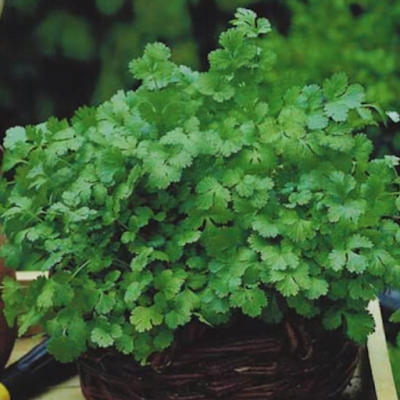
- Coriander leaf juice for digestion :Blend fresh coriander leaves with water and drink the juice to help relieve indigestion and bloating.
- Fresh leaves in Diet:Adding fresh coriander leaves to your meals can help manage blood sugar levels and support diabetes management.
- Healthy salad :Regularly include fresh coriander leaves in salads to help lower bad cholesterol and increase good cholesterol , promoting heart health.
- Coriander tea for boost immune system:Brew fresh coriander leaves in hot water to make a tea that boosts the immune system, thanks to its rich antioxidants.
- Coriander leaves Paste for reduce inflammation:Grind fresh coriander leaves into a paste and apply it to inflamed or irritated skin to reduce swelling and soothe discomfort.
- Face mask for skin health :Mix coriander leaf paste with a bit of turmeric and yogurt. Apply it as a face mask to help clear acne and improve skin texture.
- Chew leaves for freshen breath :Chewing a few fresh coriander leaves can help freshen breath and kill harmful bacteria in the mouth.
How to use Coriander leaves daily
- Cooking with Coriander:Add fresh coriander leaves to salads, soups, curries, and other dishes to enhance flavor and gain health benefits.
- Coriander leaf juice:Drink a cup of coriander leaf juice daily to support digestion and overall health.
- External application:Apply coriander paste to the skin to treat inflammation and improve skin health.Coriander Tea: Enjoy a cup of coriander tea to boost your immune system.
Lemongrass is a fragrant herb used in cooking and traditional medicine, known for its various health benefits, including its antibacterial and antifungal properties. Here’s a simple guide to using lemongrass for home remedies.
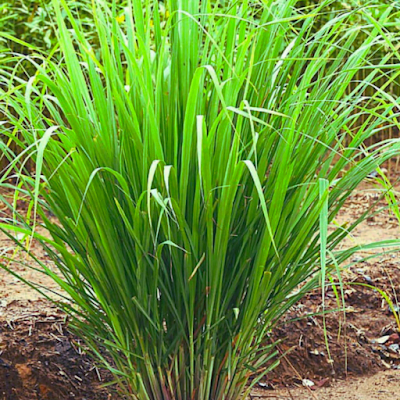
- Lemongrass Tea for Aids Digestion:Brew fresh or dried lemongrass leaves in hot water to make a soothing tea that helps relieve indigestion, bloating, stomach cramps , promote relaxation and improve sleep quality.
- Lemongrass paste for reduce swelling:Crush fresh lemongrass leaves into a paste and apply it to inflamed or swollen areas of the skin to reduce inflammation and pain.
- Lemongrass steam:Add a few lemongrass leaves to a bowl of hot water. Inhale the steam to clear nasal congestion and ease breathing.
How to Use Lemongrass daily
- Lemongrass tea:Enjoy a cup of lemongrass tea daily to aid digestion, boost immunity, and promote relaxation.
- Cooking with Lemongrass:Add fresh lemongrass to soups, curries, and stir-fries to enhance flavor and gain health benefits.
- External application:Apply lemongrass paste or lemongrass oil (diluted with a carrier oil) to the skin to reduce inflammation and prevent infection.
Curry leaves, commonly used in Indian cooking, are not only flavorful but also packed with health benefits. Here’s a simple guide to using curry leaves for home remedies.
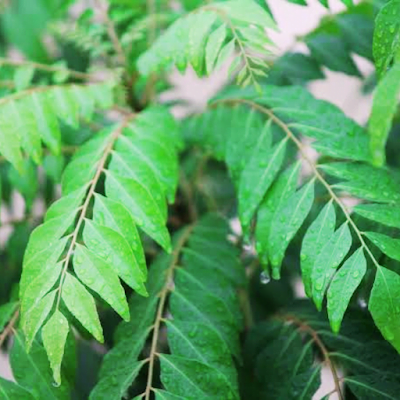
- Curry leaves tea for improves digestion:Boil fresh curry leaves in water to make a tea that helps relieve indigestion and stomach discomfort. Drink this tea after meals for best results.
- Curry leaves Oil for improve hair health:Heat a handful of curry leaves in coconut oil until they turn black. Apply this oil to your scalp and hair to prevent hair loss and promote hair growth.
- Chew fresh Curry leaves for control blood Sugar :Chew a few fresh curry leaves daily on an empty stomach to help control blood sugar levels and manage diabetes.
- Curry leaf powder for improve cholesterol level :Dry curry leaves and grind them into a powder. Add this powder to your meals to help lower bad cholesterol and increase good cholesterol .
How to Use Curry leaves daily
- Cooking with Curry leaves:Add fresh curry leaves to soups, curries, and stir-fries to enhance flavor and gain health benefits.
- Curry leaf tea:Drink a cup of curry leaf tea daily to aid digestion and support overall health.
- External application:Apply curry leaf paste or curry leaf oil to the skin and scalp for improved hair and skin health.
- Curry leaf juice:Include curry leaf juice into your routine to boost immunity and support weight loss.
Hibiscus, a beautiful flowering plant, is not only decorative but also offers numerous health benefits. Here’s a simple guide to using hibiscus for home remedies.
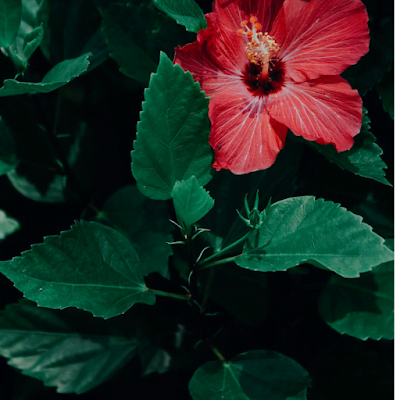
- Hibiscus tea:Brew dried hibiscus petals in hot water to make a tea that helps lower blood pressure and reduce cholesterol levels. Drink this tea daily for heart health.
Hibiscus for promotes hair health:
- Hair oil :Heat hibiscus flower petals in coconut oil and apply the oil to your scalp and hair to prevent hair loss, promote hair growth, and improve overall hair health.
- Hibiscus leaves paste:Grind fresh hibiscus leaves into a paste and apply it to your scalp and hair. This can help prevent hair loss, promote hair growth, and improve overall hair health.
- Hibiscus flower petals face mask for improve skin health:Grind hibiscus flower petals into a paste and apply it to your face as a mask to hydrate the skin, reduce wrinkles, and improve complexion.
- Hibiscus leaves juice:Blend fresh hibiscus leaves with water to make a juice rich in antioxidants and Vitamin C, which helps boost the immune system and fight off infections.
How to Use Hibiscus Daily
- Hibiscus petals Tea:Enjoy a cup of hibiscus tea daily to support heart health, weight loss, and overall well-being.
- External Application:Use hibiscus leaf or flower paste on your scalp for hair health, or as a face mask for skin benefits.
Before you try anything new for your health, especially if you’re pregnant or have health problems, it’s best to talk to a doctor first.
Planting medicinal plants around your house can provide natural remedies for many common health issues.With different plants, you can create remedies for everyday health issues right at home.

